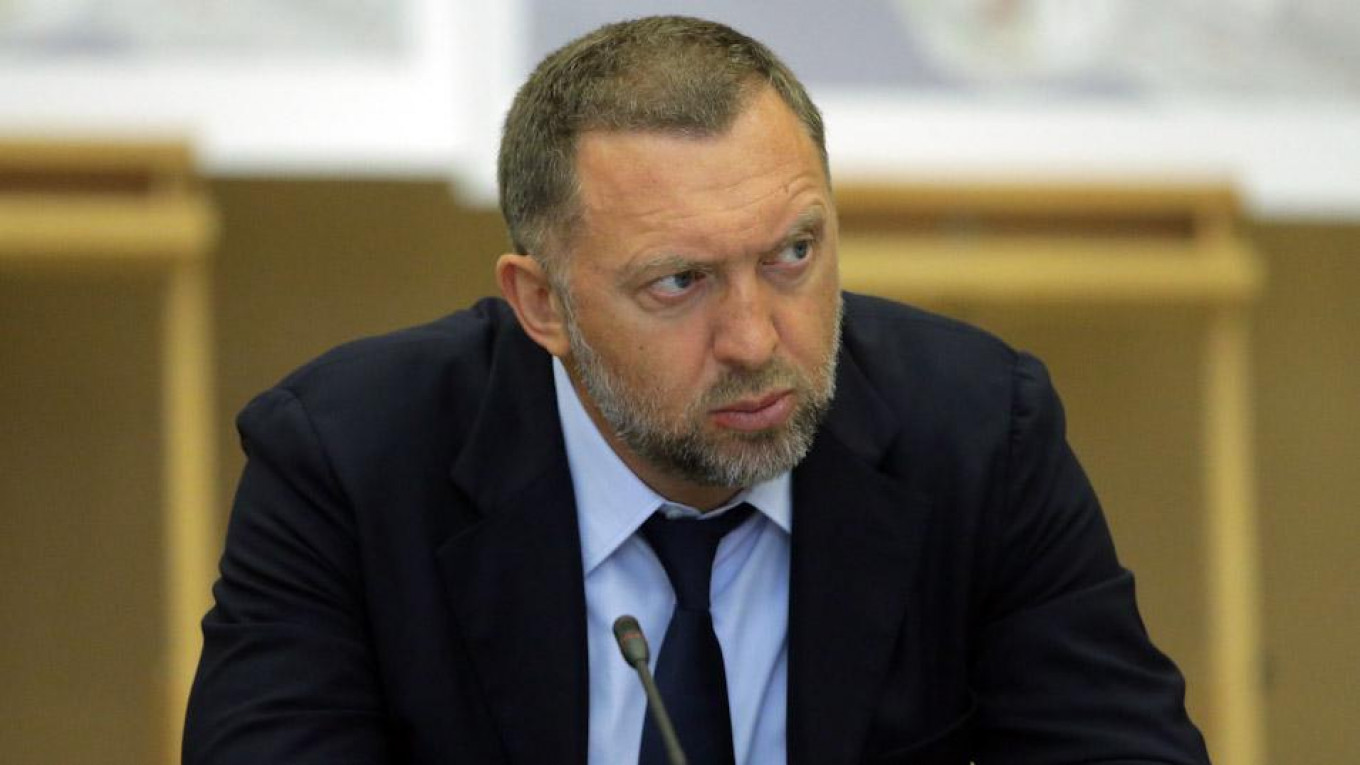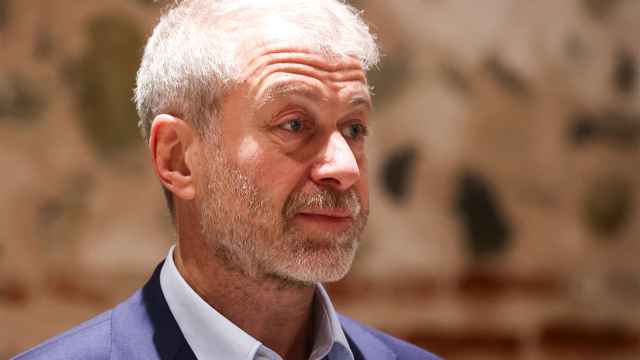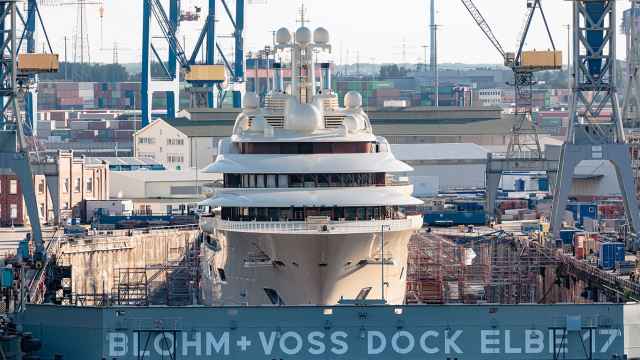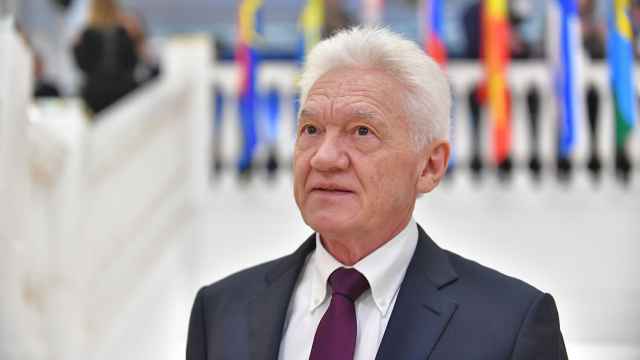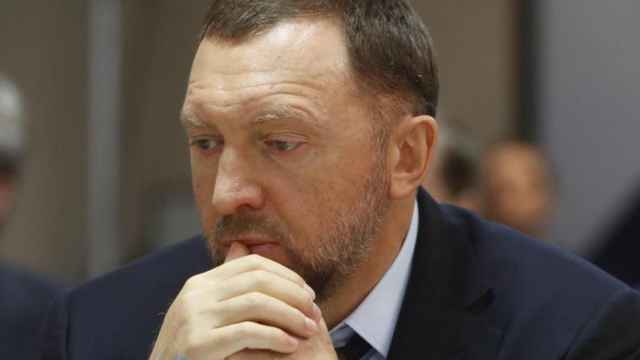Russian metals tycoon Oleg Deripaska stepped down as a director of his aluminum firm Rusal as part of a choreographed series of steps which he hopes will persuade the U.S. government to rescind sanctions that have crippled his businesses.
Deripaska is now actively preparing the next step: reducing his stake in En+, the group which controls Rusal, to a level where Washington would be willing to remove his businesses from its sanctions blacklist, three sources familiar with the discussions said.
Deripaska and the biggest companies in his empire were included on a U.S. Treasury Department sanctions blacklist in April. Washington said he and fellow tycoons were profiting from association with a Kremlin conducting "malign activities" around the globe.
The sanctions paralyzed Rusal's supply chain, scared off many customers, froze Deripaska out of Western debt markets and sent shares in his major companies plummeting.
In an illustration of the damage dealt by the sanctions, Russia's VTB bank said it had become owner of a 9.6 percent stake in En+ after the firm's stocks sank.
The price slump triggered a margin call, forcing a minority shareholder, Singapore's AnAn Group, to relinquish the stake to the lender, a VTB executive said.
In a statement issued in Hong Kong, where it is listed, Rusal said Deripaska, a non-executive director of the company, had stepped down as director.
That came a day after the chief executive and seven board members quit, also in a move to distance the firm from Deripaska and his associates.
Deripaska is seeking to persuade Washington to ease the sanctions on his businesses in exchange for him scaling back his association with his companies.
The key element now is for him to reduce his controlling stake. One source familiar with the discussions said Deripaska had been intent on holding on to control, but has now accepted there is no alternative if his businesses are to survive.
The maneuver under consideration, according to three sources familiar with the discussions, would mirror steps taken by another sanctioned Russian tycoon, Viktor Vekselberg.
His Swiss-based company Sulzer bought some of Vekselberg's shares, prompting the U.S. Treasury Department to say that Sulzer was not at risk from sanctions.
Deripaska currently holds a 66 percent stake in En+. The group declined immediate comment when contacted by Reuters.
The three sources, who asked not to be named, said that the share buyback maneuver was one of several options under consideration for reducing Deripaska's stake.
The sources said Deripaska's representatives were in discussions with the U.S. Treasury Department's Office of Foreign Assets Control (OFAC), which oversees sanctions, to establish if the maneuver would be deemed enough to remove the companies from the sanctions blacklist.
"It's one of the options being discussed now with OFAC," said one of the sources.
A U.S. Treasury official, asked about any discussions with Deripaska's representatives on him reducing his stake, said OFAC does not generally comment on ongoing discussions about sanctions relief.
"OFAC reviews each request based on the facts and circumstances of the case and individual merits," the official said.
Underlining the depth of the difficulties facing Deripaska's firms, a Russian government source said that Rusal had asked the Russian government to buy some of its output.
Since sanctions hit, stocks of aluminum ingots have been stacking up at at least one Rusal plant, because buyers have canceled orders.
The government source, who spoke on condition of anonymity, said Deripaska had also applied for loans for Rusal from Russian lender Promsvyazbank.
The bank is under the control of the Russian central bank and has been earmarked by the Kremlin to provide finance to sanctioned Russian firms, a task most regular banks will not undertake because of the sanctions risk.
Deripaska also sought state support for automaker GAZ , which is part of his business empire and has also been affected by the sanctions, the government source said.
Russian authorities have approved a loan for GAZ, but no decision has yet been made on the loan request for Rusal, according to the source.
Rusal did not reply to a Reuters request for comment on requests for state help.
A Message from The Moscow Times:
Dear readers,
We are facing unprecedented challenges. Russia's Prosecutor General's Office has designated The Moscow Times as an "undesirable" organization, criminalizing our work and putting our staff at risk of prosecution. This follows our earlier unjust labeling as a "foreign agent."
These actions are direct attempts to silence independent journalism in Russia. The authorities claim our work "discredits the decisions of the Russian leadership." We see things differently: we strive to provide accurate, unbiased reporting on Russia.
We, the journalists of The Moscow Times, refuse to be silenced. But to continue our work, we need your help.
Your support, no matter how small, makes a world of difference. If you can, please support us monthly starting from just $2. It's quick to set up, and every contribution makes a significant impact.
By supporting The Moscow Times, you're defending open, independent journalism in the face of repression. Thank you for standing with us.
Remind me later.



